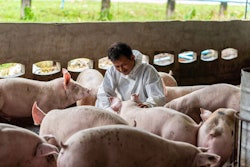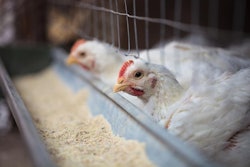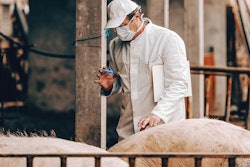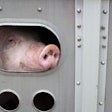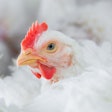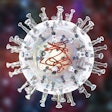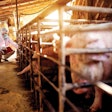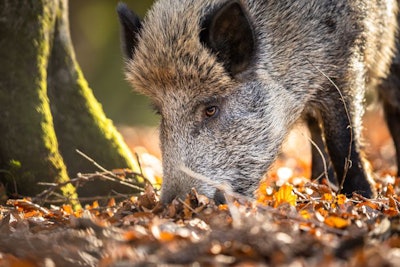
For the first time, African swine fever (ASF) has been detected in a natural park near the Italian capital city — far from the northwestern provinces where there have been recent cases in wild boar.
For the first time, a wild boar from a nature reserve park in Rome has tested positive for the African swine fever (ASF) virus.
The animal was found in the Insugherata natural park on May 4, according to the official report to World Organisation for Animal Health (OIE).
Source of the infection is unknown, but authorities suspect human involvement.
Since the start of this year, more than 100 wild boar in the northwest of Italy have tested positive for the ASF virus. This latest case is the first in the Lazio region.
To try to prevent further spread of the infection, the authorities in Rome have introduced a series of new laws with immediate effect, reports Wanted in Rome. It is now forbidden to feed or even approach wild boar in the “red” zone, which extends over a large part of the north and northwest of the city. Visitors to farms and natural parks are required to disinfect their shoes on leaving. Meanwhile, picnics are banned, and litter bins have been fenced off.
In order to reduce numbers in the city, a wild boar cull is under discussion by the city authorities. The same source reports that this followed a recent attack on a woman in northern Rome by one of the increasingly brazen animals.
As well as this first case in Rome, Italy’s veterinary authority has registered a further 10 ASF cases in wild boar in the northwest of the country. All were found in one of two provinces in the northwest of the country where cases have been detected since January. These are in Alessandria in the Piedmont (Piemonte) region, and Genova in Liguria. Up to May 4, 114 cases have been detected in those provinces.
Europe’s wild boar outbreaks approach 3,300
So far this year, 3,290 outbreaks among wild boar have occurred in Europe. This is according to the Animal Disease Information Notification System operated by the European Commission (EC; as of April 29). One or more cases have been detected in 14 countries.
So far recording the most outbreaks in 2022 has been Poland (1,018), followed by Germany (751), Romania (279), Slovakia (274) and Bulgaria (231). Also registering new cases through this system over the previous week were Hungary, Italy, Latvia and Lithuania.
During the whole of 2021, 12 countries registered with the EC one or more ASF outbreaks in wild boar — a total of 12,150 outbreaks.
Latest report from Poland’s chief veterinary office confirms a further 42 ASF outbreaks involving 54 wild boar. The cases were suspected in the period March 24 to April 26. Locations included nine of Poland’s 16 provinces. Among them was one outbreak in a new area in Lesser Poland (Malopolskie). Located in the south of Poland, this province borders Slovakia.
In Germany, 3,866 wild boar have tested positive for the ASF virus (as of May 6). This figure is from the Friedrich-Loeffler Institute, and covers all cases since the country’s first in September 2020. All cases in wild boar so far have been confined to the three eastern states of Brandenburg, Saxony and Mecklenburg-West Pomerania.
ASF situation among European pig herds
As of April 29, eight countries have officially confirmed one or more ASF outbreaks among domestic swine so far this year. This is according to the EC’s notification system.
By that date, the region’s outbreaks in commercial and backyard pigs had reached 160. Of this total, 142 were reported in Romania. In Serbia, 11 outbreaks in swine have been registered in 2022. The latest was on February 10.
For comparison, 11 nations notified the EC of a total of 1,874 outbreaks during the whole of 2021. Worst affected last year too was Romania, which accounted for 1,676 of the total.
Latest reports to the OIE from the Romanian animal health agency outline a further four outbreaks of ASF in domestic pigs. Involving a total of 24 animals, all were in backyard herds.
The EC system does not cover Russia.
In recent days, the Russian veterinary agency has declared to the OIE that the ASF situation is “closed” in Astrakhan.
After a near 10-year absence from this Southern federal district region, the virus was detected in a backyard pig herd in mid-February. No further cases have been reported in that area since then.
View our continuing coverage of the global African swine fever situation.

